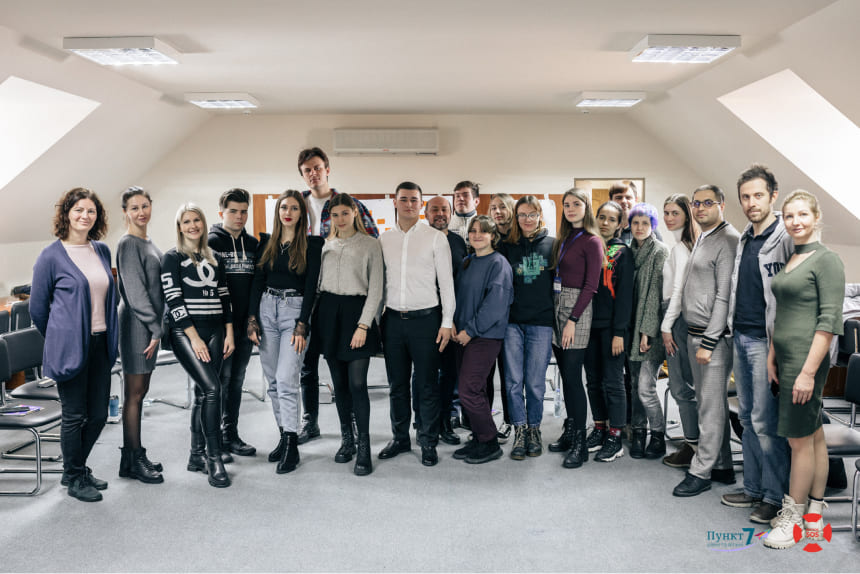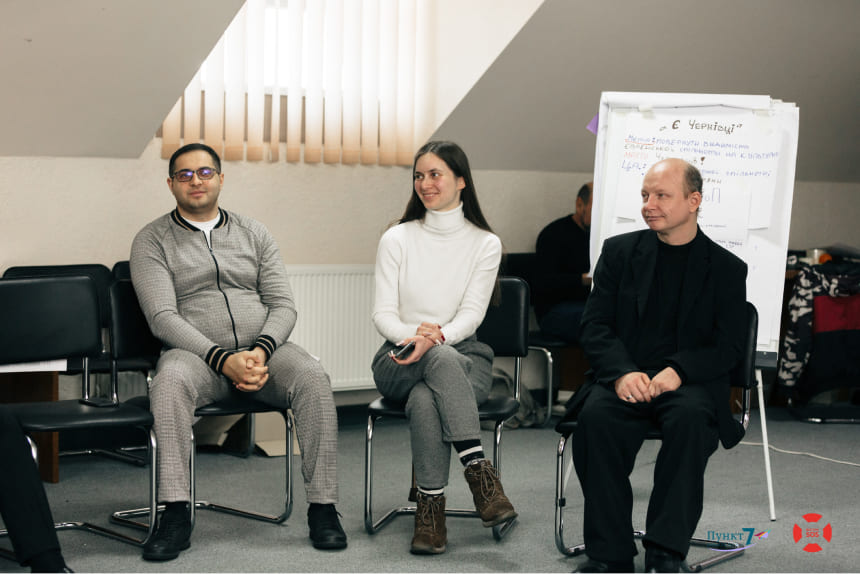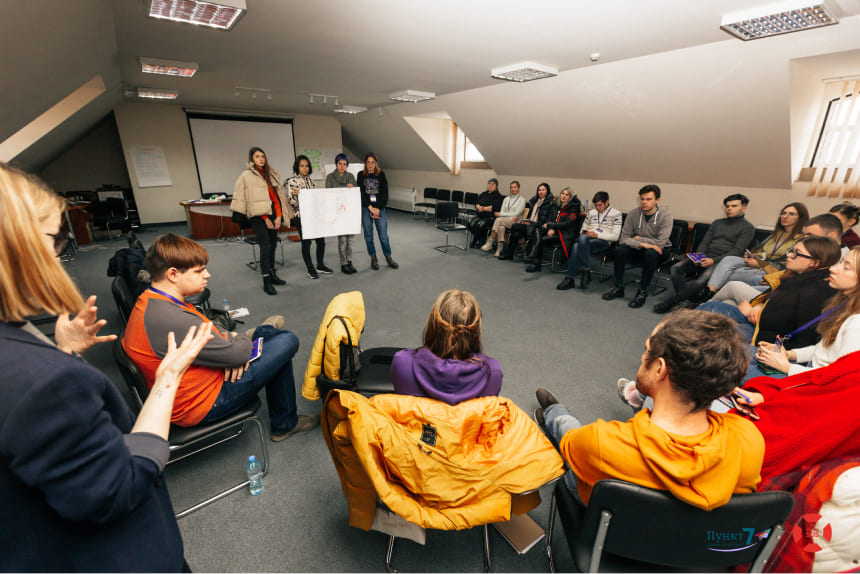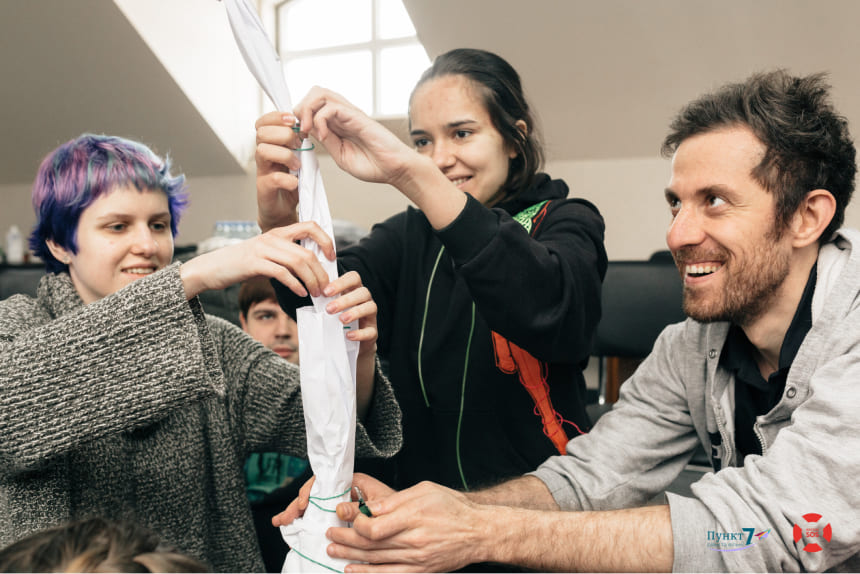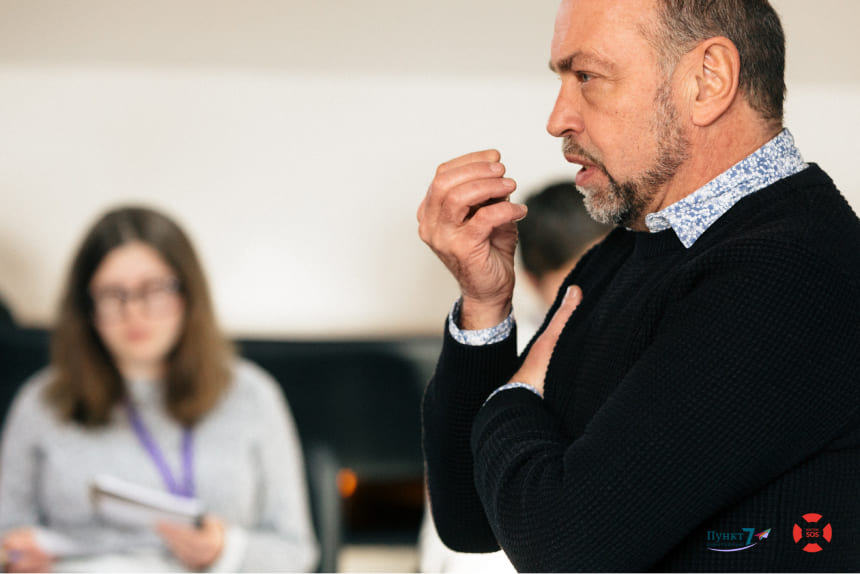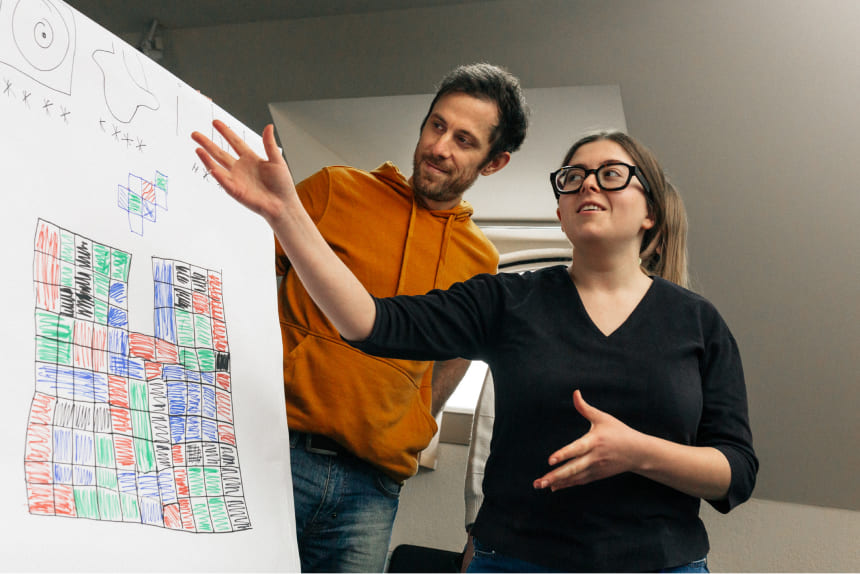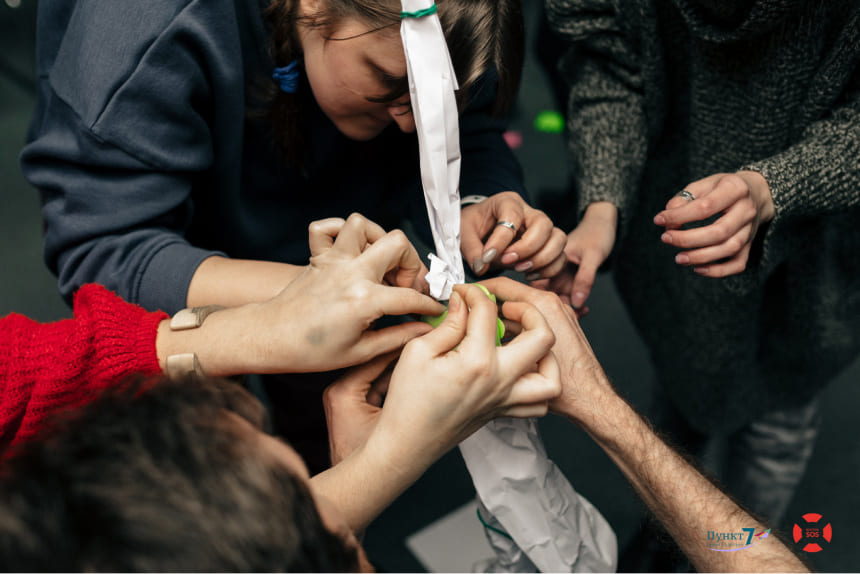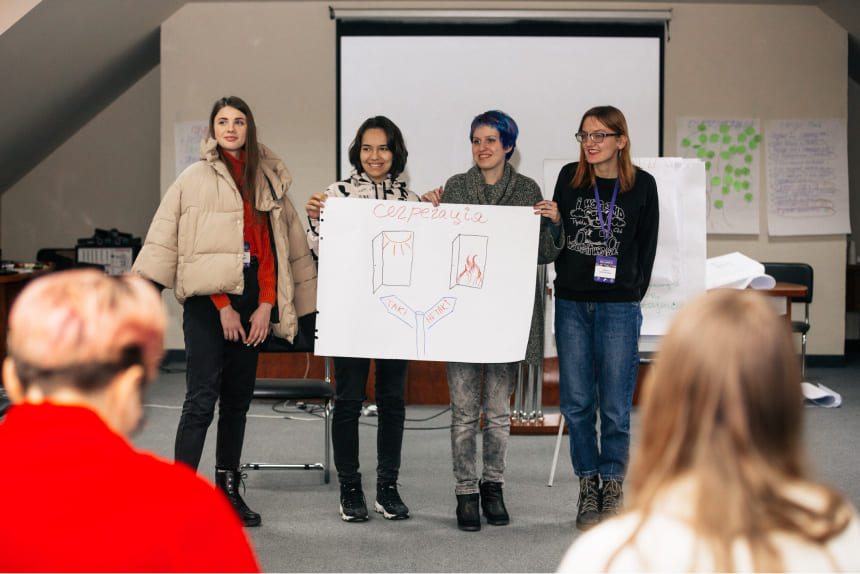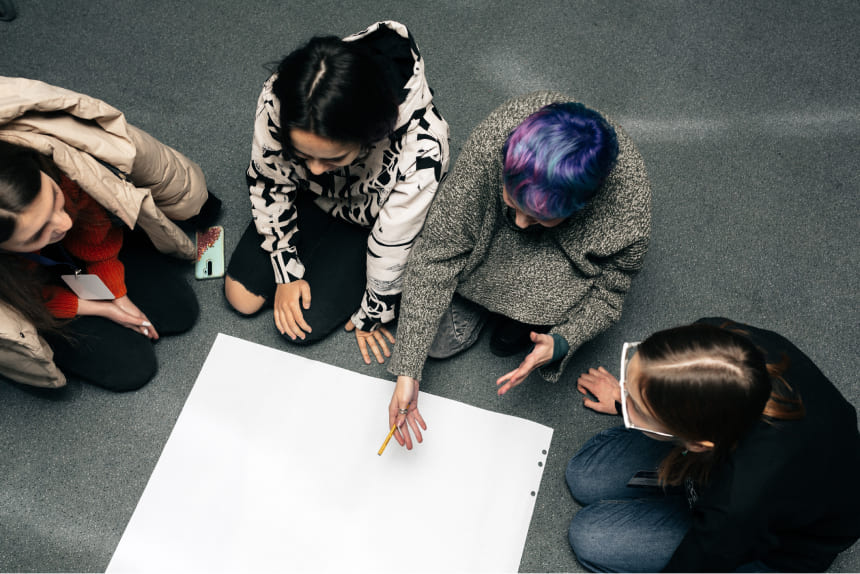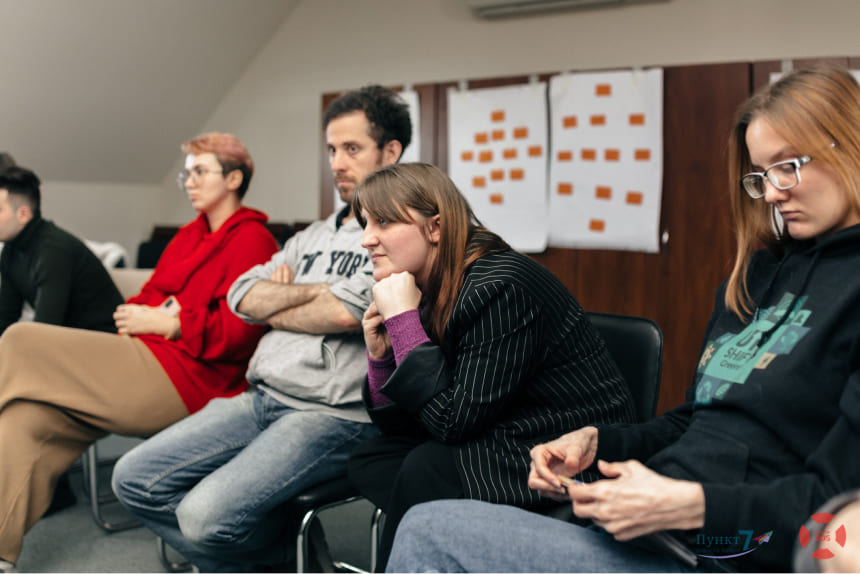Supporting Youth Unity Through Interregional Educational Camps
The project seeks to overcome the lack of interregional cooperation and communication among different groups within Ukrainian society. Limited interaction often leads to prejudice, misunderstanding, and social tension. This initiative aims to strengthen connections, foster mutual understanding, and build a more cohesive community.
The educational camps promote critical thinking, public communication, and anti-discrimination skills, enabling participants to collaborate effectively and contribute to social cohesion in their communities. The project is implemented within the framework of the partners’ initiative “Point 7: Promoting Social Cohesion in Ukraine.”
Promoting social cohesion in Ukraine requires both tolerance of diversity and unity around democratic principles and reforms.
This project aims to bring together young people from diverse regions and communities to foster social cohesion, promote democratic values, and strengthen the principles of tolerance and inclusion.
American Bar Association Rulе of Law Initiative (ABA ROLI Ukraine)
Center for Civil Liberties
February 2021 – March 2022
Representatives of Roma, Jewish, Greek, Crimean Tatar communities, LGBTQ+, IDPs, active youth, and NGOs
Ukraine
In cooperation with Ukrainian trainers, experts, and prominent human rights defenders who protect representatives of vulnerable groups, national and ethnic minorities—such as Iryna Fedorovych, Yulian Kondur, Oleksandr Voitenko, and Maryna Hovorukhina—the Center for Civil Liberties organized two six-day educational camps, “The Power of Diversity.” Participants included representatives of civil society, vulnerable groups, LGBTQ+ individuals, internally displaced persons (IDPs), national and ethnic minorities, including Roma, Jewish and other communities.
Each camp gathered 20 participants from across western Ukraine and eastern regions, including Donetsk, Luhansk, Kharkiv, Zaporizhzhia, and Sumy, as well as from Uzhhorod, Ivano-Frankivsk, Lviv, and Ternopil.
The curriculum addressed key topics such as public communication, national unity and solidarity, anti-discrimination, tolerance, critical thinking, equality, and the development of information campaigns to support participants in implementing their own initiatives.
